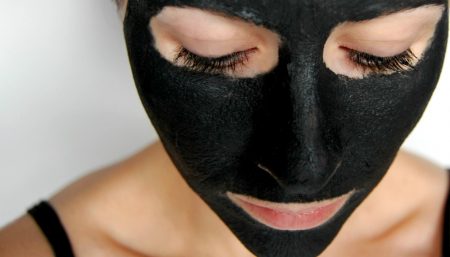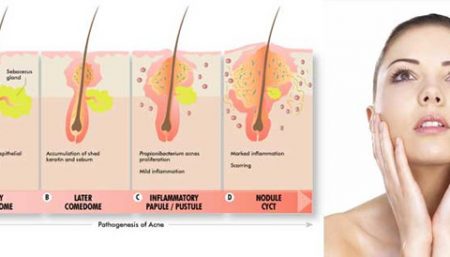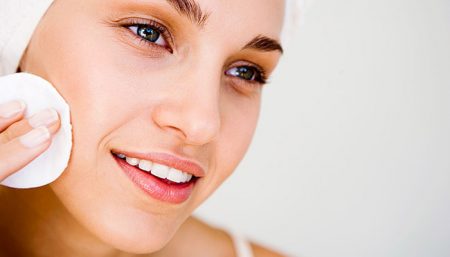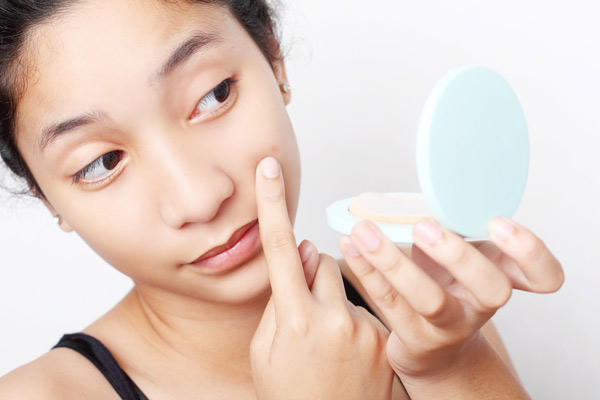
Acne is one of the most burdensome diseases globally. Its prevalence among those aged 12 to 24 years is estimated to be 85%, although it can persist beyond young adulthood despite treatment. Acne can adversely affect quality of life and may lead to emotional distress and physical scarring.
Since the last Canadian acne guideline was published in 2000, evidence for multiple additional treatments has been published. Thus, there was an unmet need for an updated, systematically developed, evidence-based Canadian acne clinical practice guideline. This guideline provides recommendations adapted to the Canadian health care system to assist Canadian health care providers in the diagnosis of acne vulgaris, including investigations where appropriate; it also provides updated information on the pathogenesis of acne, outlines methods for evaluating acne severity, provides evidence-based guidance on treatments for acne vulgaris and recommends treatments for acne according to severity.
A team of dermatologists from across the country reviewed the latest evidence and provide treatment recommendations for 3 acne presentations:
- Comedonal acne (characterized by blackheads and whiteheads);
- Mild-to-moderate papulopustular acne (superficial red blemishes and pimples); and
- Severe inflammatory acne (deep pustules or nodules).
The guideline developers did not include neonatal or infant acne, late-onset acne, acne rosacea and other variant forms.
Highlights:
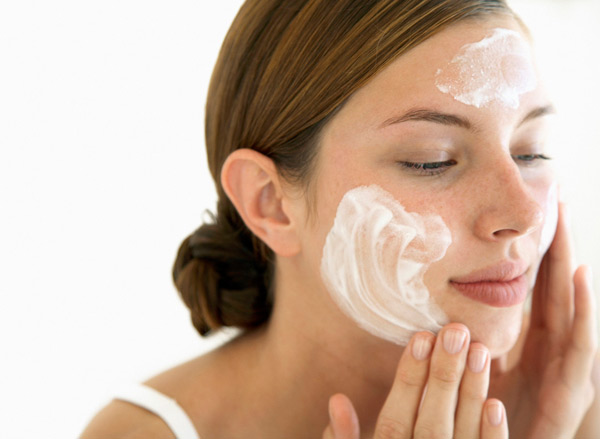
- For comedonal acne — topical benzoyl peroxide, retinoids or a combination of topical retinoids with benzoyl peroxide or clindamycin is recommended. If a single therapy does not work, use of fixed-dose clindamycin-tretinoin may be considered, and in women, combined oral contraceptives.
- For localized mild-to-moderate papulopustular acne — topical benzoyl peroxide is recommended. There is also strong evidence for use of topical retinoids and fixed-dose combinations. For more extensive moderate papulopustular acne, oral antibiotics or combined oral contraceptives (in women) with the above topical treatments are recommended.
- For severe acne — use of oral isotretinoin is strongly recommended, although only physicians with experience in prescribing and monitoring the drug should prescribe. Strict pregnancy preventive measures must be followed.
Dr. Jerry Tan, Department of Medicine, Western University, London, Ontario, with coauthors of the study hope that these guidelines will help health care professionals address the common scourge of acne in patients of various ages.
Source: http://www.cmaj.ca
Related Links
Disclaimer
The Content is not intended to be a substitute for professional medical advice, diagnosis, or treatment. Always seek the advice of your physician or other qualified health provider with any questions you may have regarding a medical condition.

